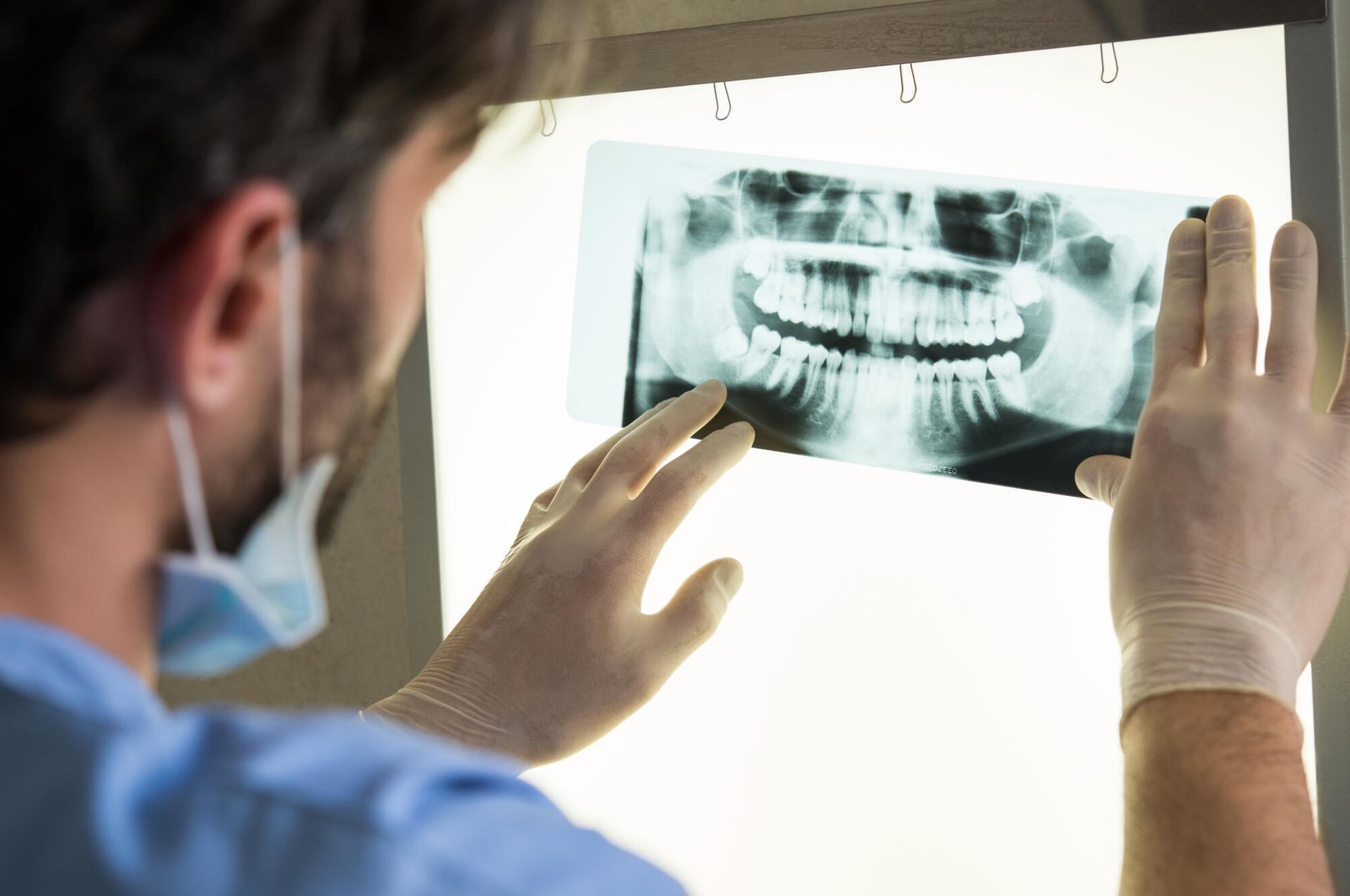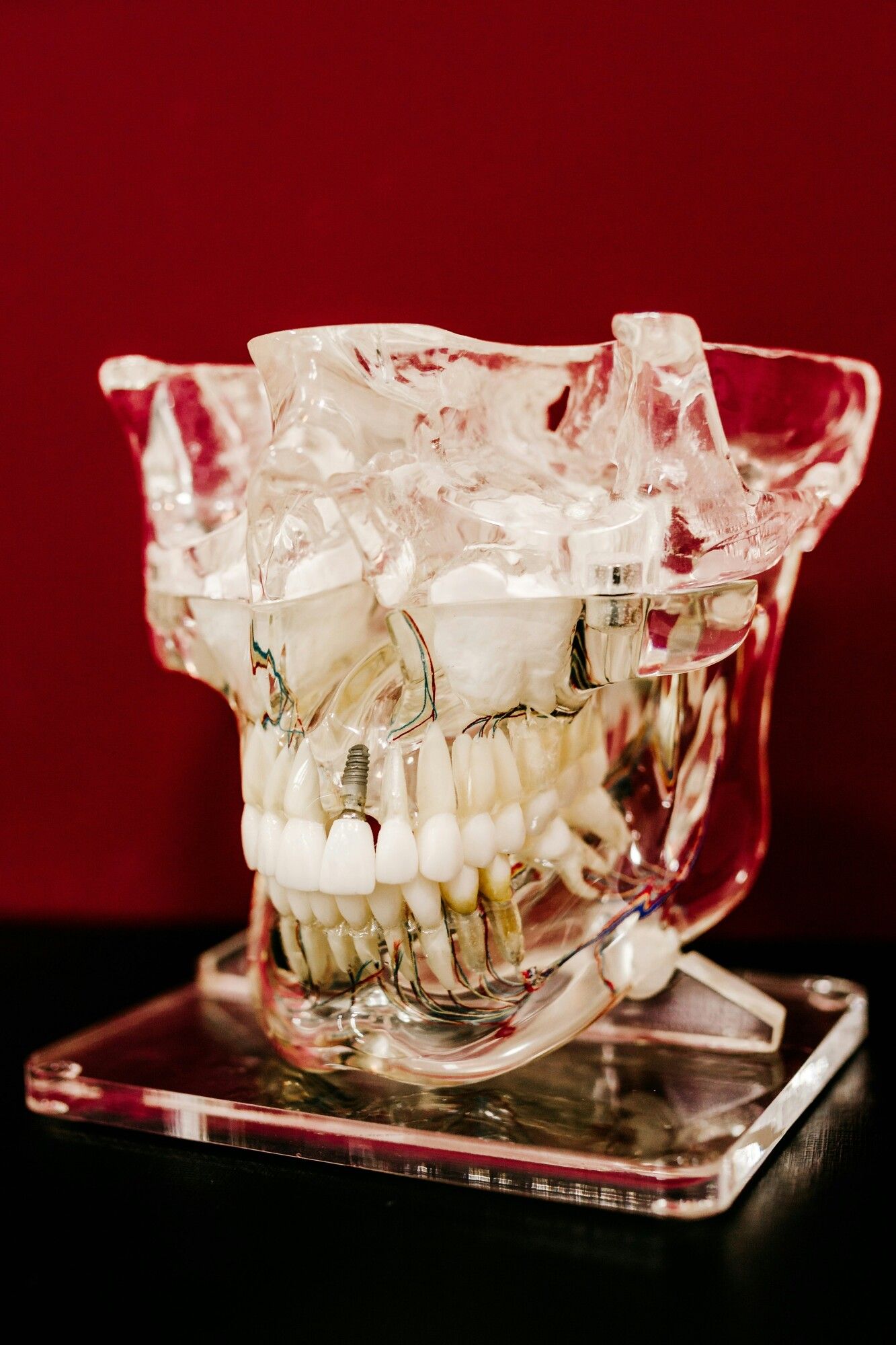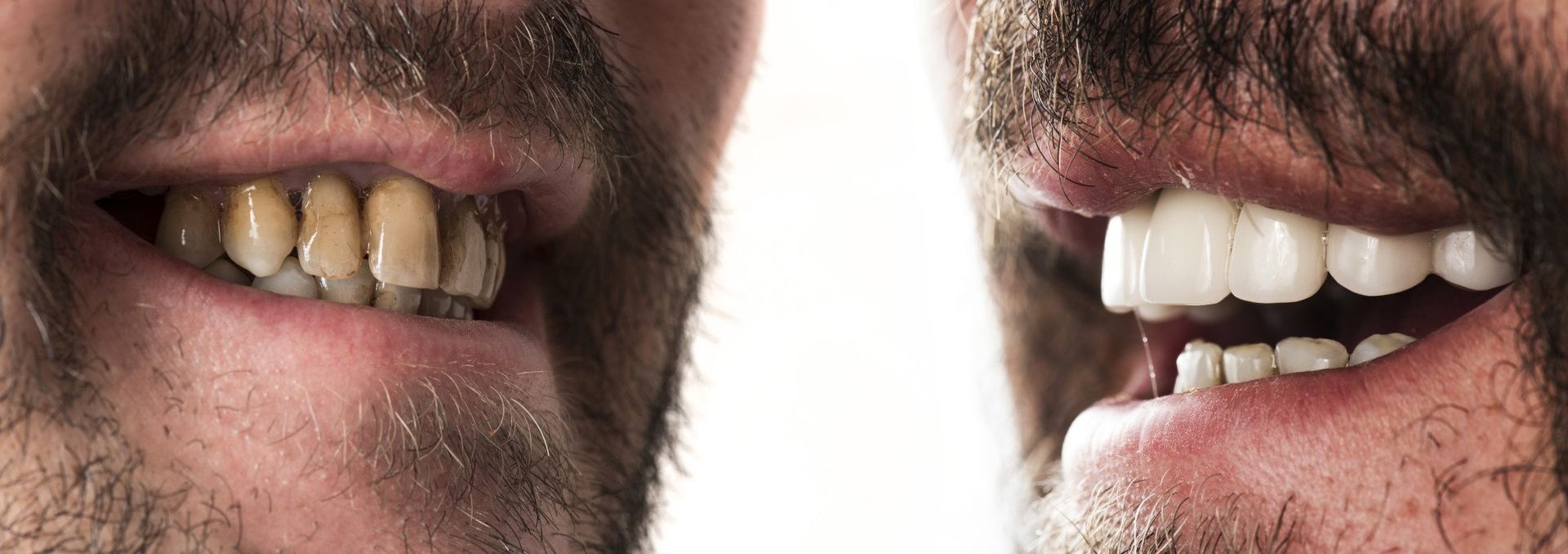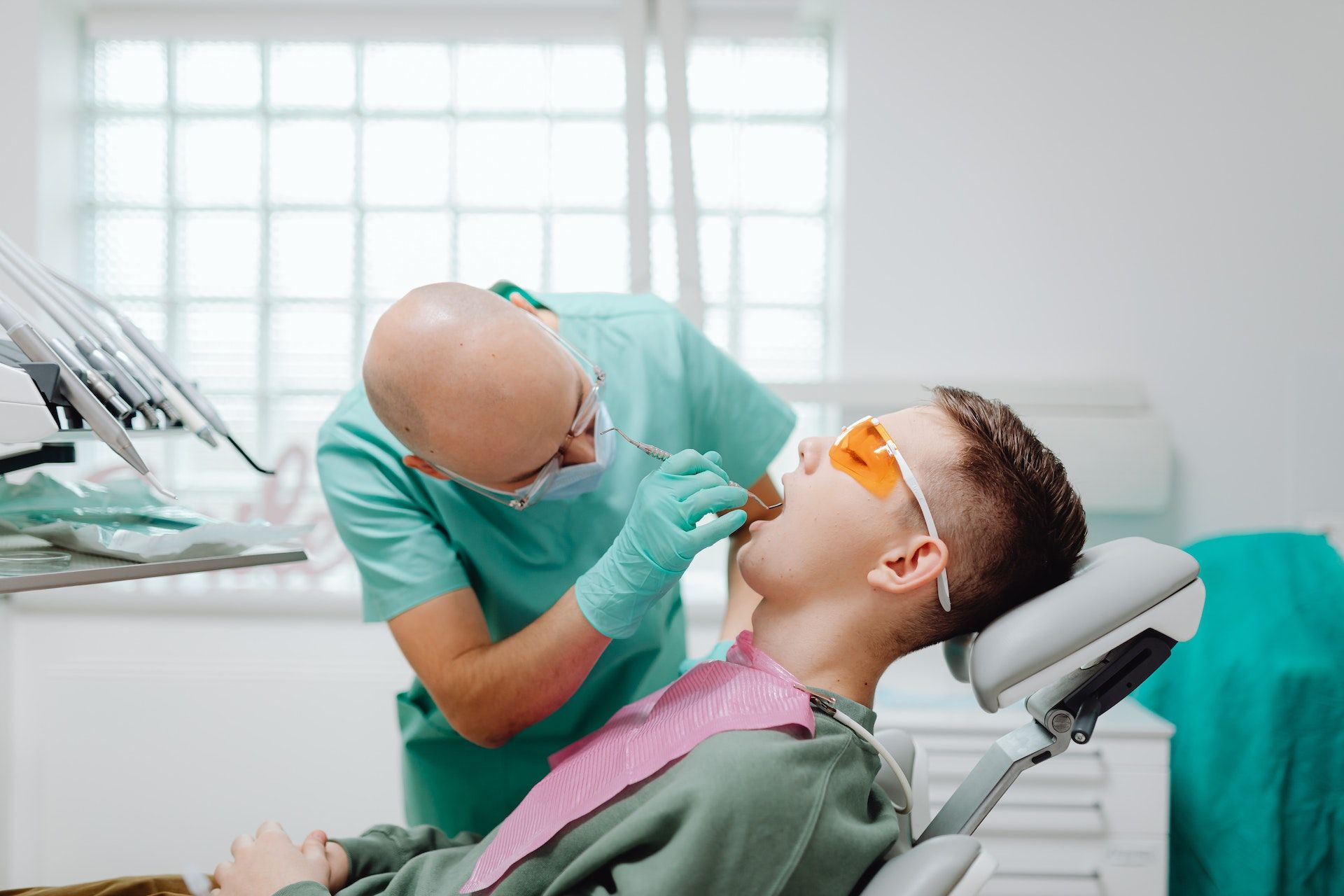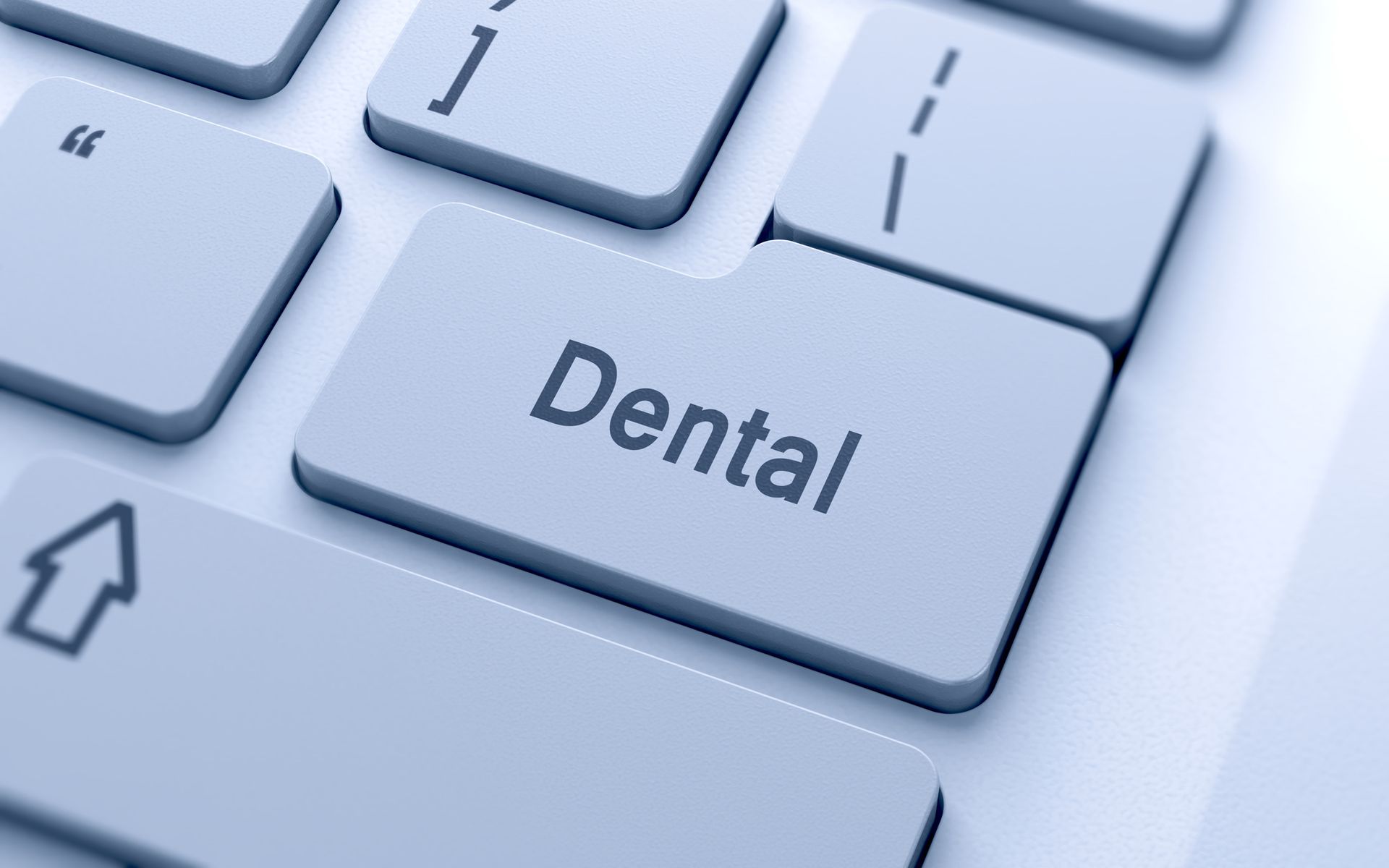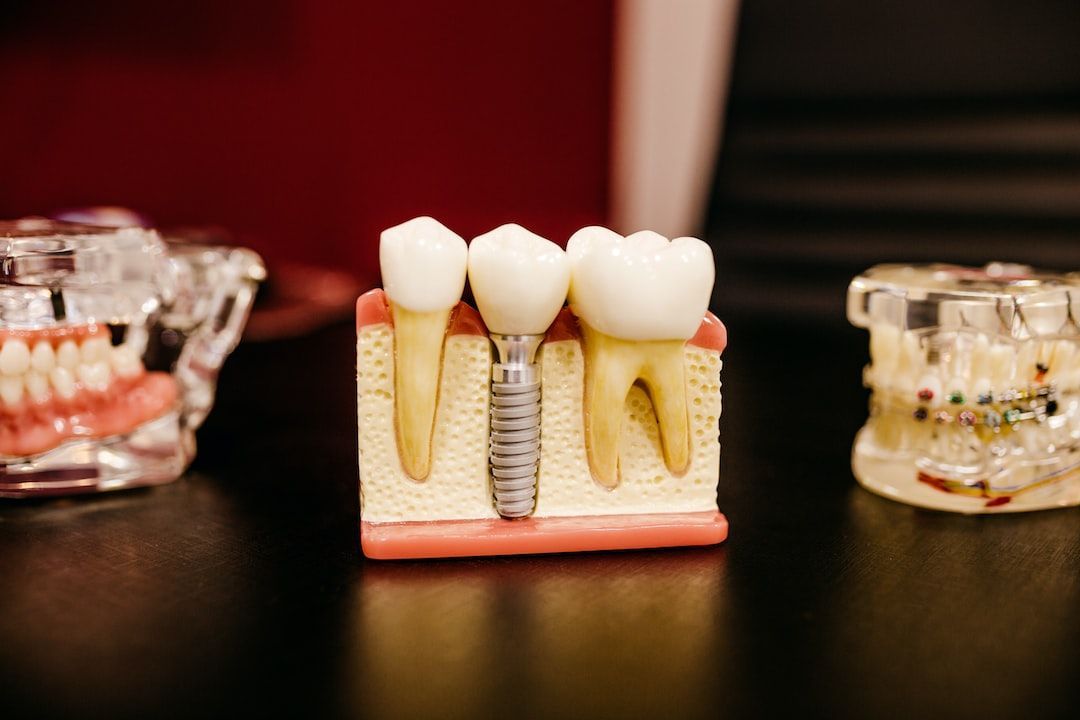West New York, NJ
(201) 865-5150
Teaneck, NJ
(201) 836-4400
West New York, NJ
(201) 865-5150
Teaneck, NJ
(201) 836-4400
How Much Time Does Gingivitis Take to Convert into Periodontitis?
Periodontal disease is known as gum disease. It’s an infection of tissues that grip the teeth in their position. It is one of the causes of tooth loss in adults. It occurs in four stages, and just the first stage is reversible. Others need advanced dental treatments.
The main cause behind the periodontal disease is poor oral hygiene habits. It lets plaque accumulate on teeth and gets hard when untreated for longer. It can lead to severe damage to jaw-supporting teeth.
Symptoms of Periodontal Diseases
The following signs indicate that you have periodontal disease:
- Swelling or redness in gums.
- Pain while chewing food.
- Sensitivity in the mouth.
- Gum bleeding.
- Teeth are getting loose.
- Bad breath that stays for longer.
- Gums pulled away from teeth.
- Change in the fitting of partial dentures.
- Longer-looking teeth.
- Gum receding.
- Change in the looking of teeth when it closes together while biting.
Different Stages of Periodontal Disease
Periodontal disease is broken into the following stages:
Gingivitis
Gingivitis is the earliest stage of periodontal disease. It is simple to treat as compared to other stages. It occurs due to plaque accumulation around the teeth. This leads to the inflammation of the gingiva.
Gingiva is the portion of gums surrounding the lower teeth and the bottom of the upper teeth. Common gingivitis symptoms include tenderness, swelling, sore gums, bleeding from gums, etc.
Slight Periodontal Disease
It is the second stage of periodontal disease which is irreversible but manageable. During slight periodontal disease, the infection has moved to the tooth bone. The bacteria starts ruining bone tissues. It results in additional loss of bone.
Its signs include bleeding from the mouth while flossing and brushing, gum redness, etc. The dental expert at Complete Dental Works – West New York diagnoses slight periodontal disease by looking deeply at the teeth and gums. You will need special cleaning if they spot a depth between 4 to 5mm.
Early Periodontitis
When you fail to treat gingivitis for longer, it turns into the early stage of periodontitis. It is also called periodontal disease. The signs include inflammation of gums, gums turning pale, tenderness to gums while touching, etc.
As the gums swelling increases, they start forming periodontal pockets. Due to this, plaque, food bits, and bacteria start collecting, resulting in infection. It makes the nearby tooth bones.
Furthermore, the plaque accumulation starts converting into tartar or calculus. It makes the bone structure that secures the teeth to the jaw weak.
Moderate Periodontal Disease
The third stage of periodontal disease has symptoms like that of stage two. However, the probing depths are higher at 6 to 7mm. It lets more bacteria attack not only the bones but also the immune system and bloodstream too.
As more tooth tissues die, the teeth begin to lose support. It leads to excess bleeding, gum sensitivity, shifting of teeth, and ultimately tooth loss. During this stage, you will have receding gums and more bleeding from the mouth.
Treatment for moderate periodontal disease includes scaling and root planing. Both deep cleaning methods eliminate the bacterial deposits deep in the gums. Furthermore, this stage is irreversible, the same as slight periodontal disease.
Advanced Periodontal Disease
It is the final stage of periodontal disease. It occurs when the infection spreads further and develops into disease-causing bacteria. Your gum starts shrinking. Furthermore, a huge part of your teeth gets exposed.
Even your teeth that look healthy become loose as the infection attacks the jawbone. You will need help from a dentist near you, a periodontist for advanced gum disease symptoms that do not get addressed with standard dental treatment.
Advanced periodontal disease may need invasive surgery. Such as periodontal laser therapy or periodontal surgery for cleaning the in-depth bacterial pockets.
The worst part of this gum disease stage is that leaving it untreated results in a recession of gums, spacing between the teeth, and other serious health issues. Symptoms of advanced periodontitis include gum swelling with pus, pain while chewing food, sensitivity to cold, severe halitosis, etc.
Getting Periodontal Treatment
Are you diagnosed with
symptoms of gingivitis or advanced periodontal disease? Get periodontal treatment in West New York today at our clinic to control the infection. The type of treatment and the number will differ depending on the severity of gum disease.
All Rights Reserved | Complete Dental Works
201-468-6207





